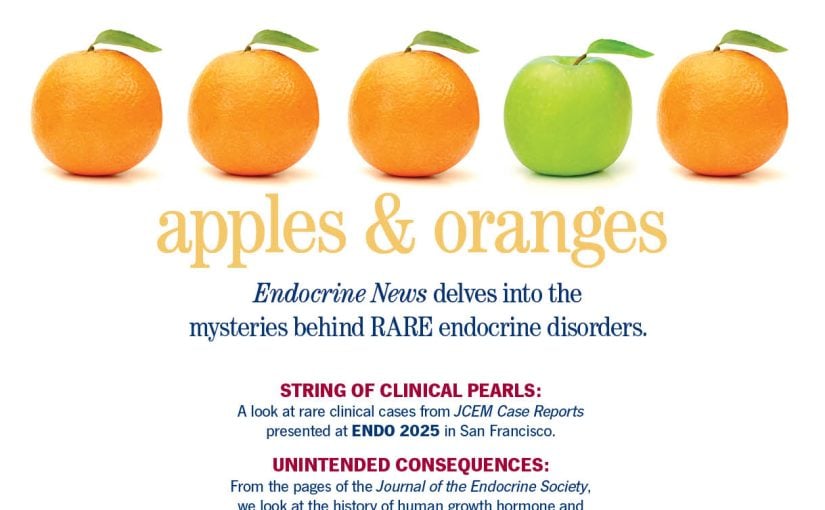
Low doses of propylparaben — an estrogen-like chemical used as a preservative in personal care products and foods — can alter pregnancy-related changes in the breast in ways that may reduce the normal protection against breast cancer that pregnancy hormones convey, according to a new study published in Endocrinology and presented at ENDO 2021.
Researchers led by Laura N. Vandenberg, PhD, of the University of Massachusetts in Amherst, Mass., point out that the mammary gland undergoes extensive changes throughout the lifespan, writing that the hormone-mediated reorganization of the pregnant and lactating mammary gland is a delicate process that is vulnerable to environmental influences.
“We found that propylparaben disrupts the mammary gland of mice at exposure levels that have previously been considered safe based on results from industry-sponsored studies. We also saw effects of propylparaben after doses many times lower, which are more reflective of human intake.”
Studies have shown that lifetime exposure to estrogen is positively associated with breast cancer development, but the researchers note that if that’s the case, how do we explain the association between early life parity (marked by increasing levels of estrogen throughout) and reduced breast cancer risk? “Because estrogens can promote breast cancer but pregnancy reduces the risk of breast cancer, our work has begun to explore whether environmental chemicals with ER-agonist properties can promote or reduce the protective effects of pregnancy on breast cancer,” the authors write.
The researchers tested whether propylparaben exposure during the vulnerable period of pregnancy and breastfeeding adversely alters mammary gland reorganization. They exposed female mice to environmentally relevant doses of this common preservative during pregnancy and breastfeeding. Five weeks after the chemical exposure ended, they examined the mothers’ mammary glands.
Compared with pregnant mice that had not received propylparaben, the exposed mice had mammary gland changes not typical of pregnancy, the researchers reported. These mice had increased rates of cell proliferation, which Vandenberg says is a possible risk factor for breast cancer. Additionally, they had less dense epithelial structures, fewer immune cell types and thinner periductal collagen, the connective tissue in the mammary gland.
“We found that propylparaben disrupts the mammary gland of mice at exposure levels that have previously been considered safe based on results from industry-sponsored studies. We also saw effects of propylparaben after doses many times lower, which are more reflective of human intake,” Vandenberg says. “Although our study did not evaluate breast cancer risk, these changes in the mammary tissue are involved in mitigating cancer risk in women.”

